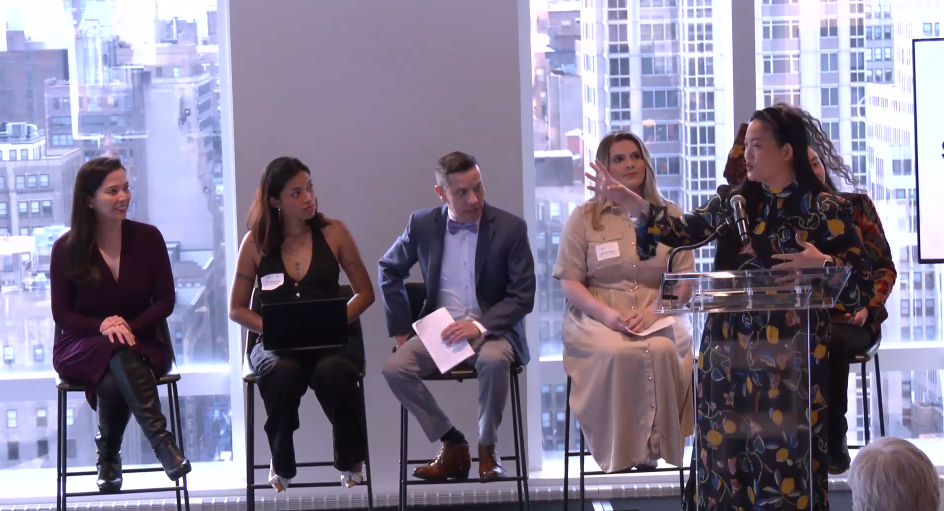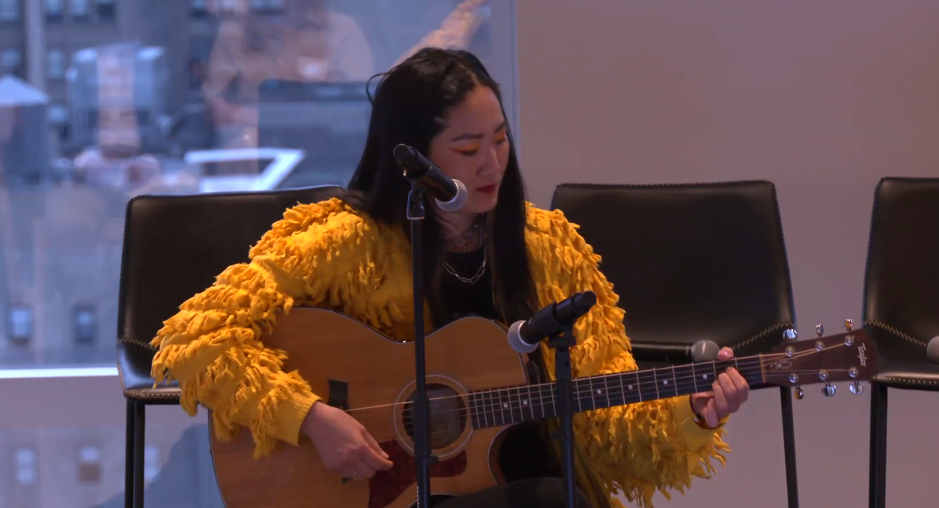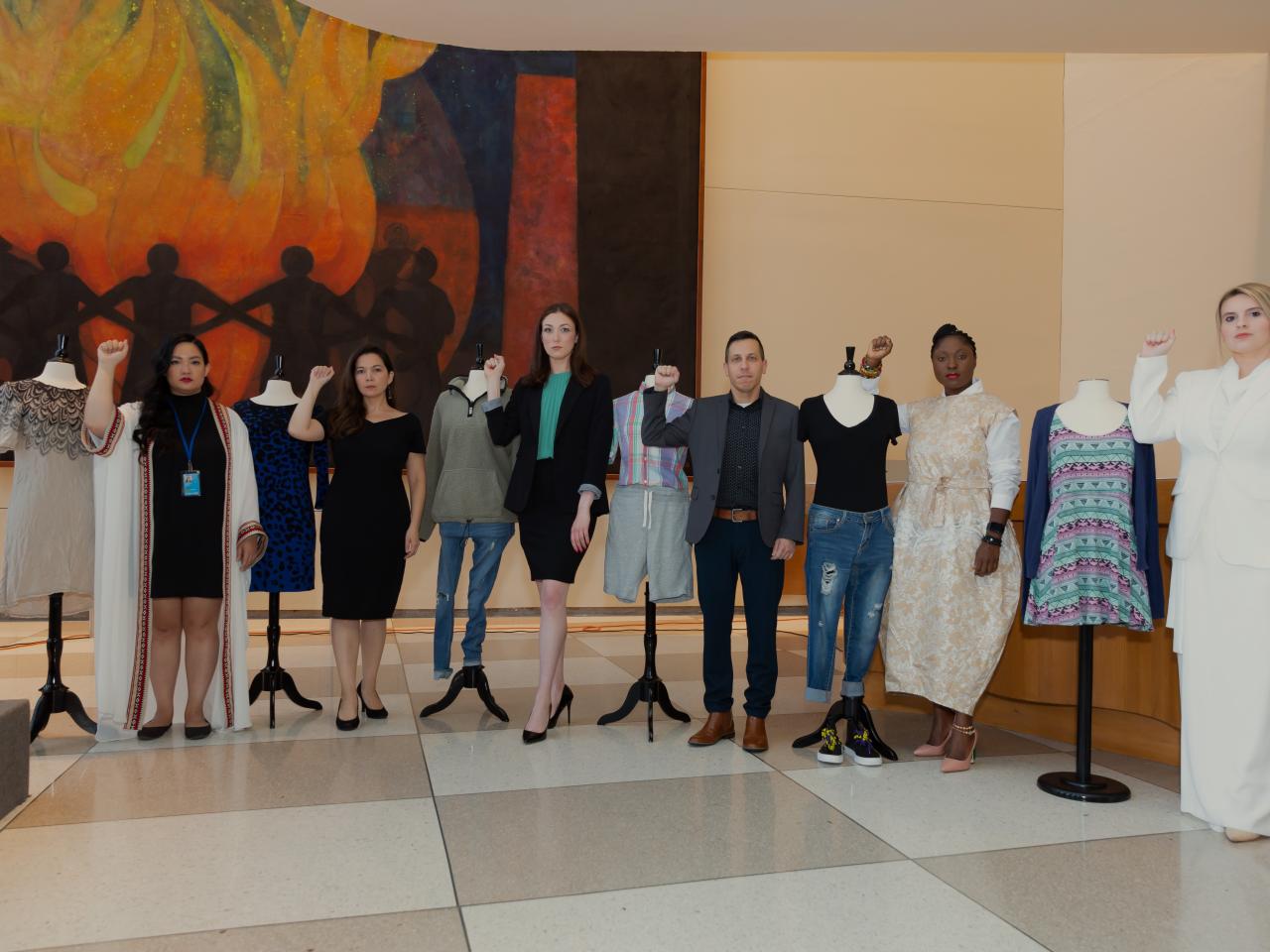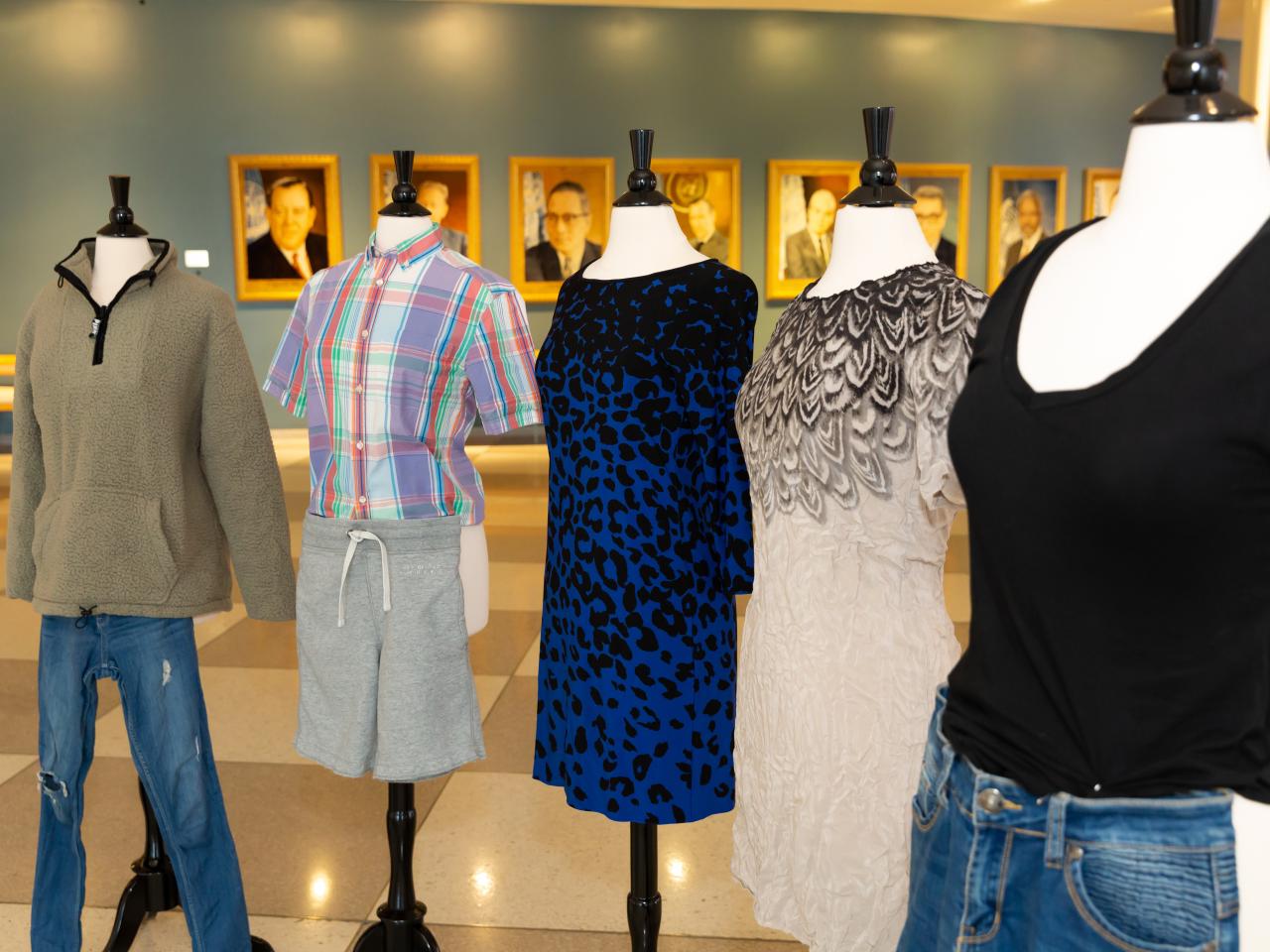Rise and Spotlight Initiative host Survivor Town Hall during CSW68
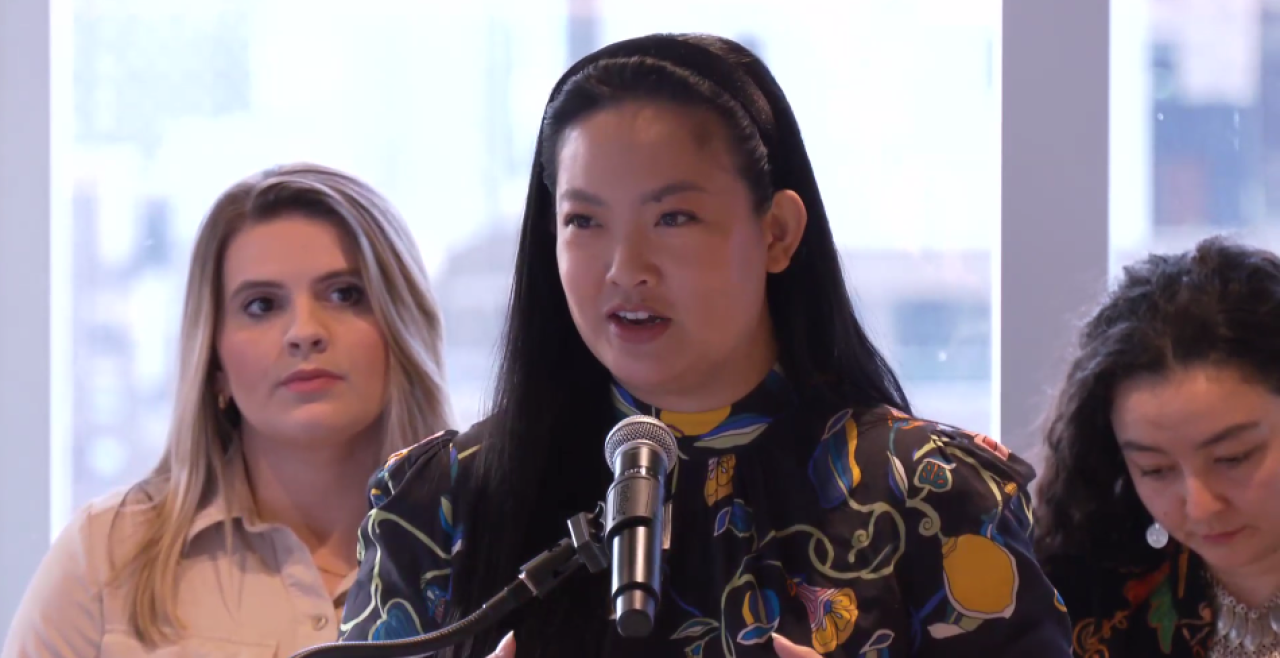
NEW YORK, United States - On Monday 18 March, during the sixty-eighth session of the Commission on the Status of Women, Spotlight Initiative and Rise co-hosted a Survivor Town Hall at the Rockefeller Centre in New York, bringing together survivors of sexual violence and decision-makers.
The event provided an opportunity for survivors of sexual violence to share their stories and call on Member States to support access to justice by implementing and building on the measures codified in UNGA Resolution 76/304 – ‘International Cooperation for Access to Justice and Remedies for Survivors of Sexual Violence’ – and by investing in comprehensive models to address violence against women and girls, such as Spotlight Initiative.
Rise Founder Amanda Nguyen opened by reflecting on the significance of the UNGA resolution to survivors, calling it proof that “we absolutely can change the world”. She shared the pain of attempting to access justice in the wake of being raped, and said that Rise was now working to make the resolution a treaty, so that “no survivor, anywhere around the world, will be denied access to justice”.
Author and business expert Jessica Long shared her own difficulties accessing justice and medical care after being violently raped overseas. This included being turned away from hospital because they did not offer rape tests, having to get cash out at an ATM to pay for treatment before she could receive care, and being treated like a criminal by the police, who asked what she was wearing and whether she was dancing or smiling too much. “Being raped was not the worst thing that happened to me. The worst thing that happened to me was being betrayed by the very systems that are supposed to protect us,” she said.
Spotlight Initiative Global Reference Group Coordinator Shamah Bulangis spoke about her own experience of violence from childhood through to adolescence, and the pervasiveness of sexual violence among her peers. “All of [my friends] have horror stories of their own ... Teachers hitting on them. Fathers committing the unimaginable. The horrors persist and so do we.”
She urged attendees to use their power and influence to support frontline organizations responding to sexual and gender-based violence. “If we can spend trillions to bail out start-ups, why can’t we bail out feminist organizations that actually save lives? Governments, philanthropies, you have the money, the influence, the power, the mandates. You are able to flow money to support survivors and protect women human rights defenders. So do it.”
Aerospace Engineer Bryan J. Robles spoke about sexual violence and the stigma experienced by male survivors, reiterating the need to ensure that any response to sexual violence is inclusive of “all backgrounds, genders and countries”.
Attorney Samantha McCoy related that she was unable to prosecute the man who raped her at the age of 22 due to “insufficient evidence” — even though the attack had been recorded on video by the perpetrator. “Now, as an attorney, I continue to see how rape victims are not treated like victims of other crimes.” She said that the UN resolution had sparked hope throughout the survivor community. “It was a sign that survivors are truly being heard and seen by global leaders.”
"The UN resolution has sparked hope throughout the survivor community. It was a sign that survivors are truly being heard and seen by global leaders.” - Samantha McCoy, attorney
Founding Strategic Director of FemAgora Central Asian Feminist Foundation and Co-Founding Lead at Central Asia Fund, Leyla Zuleikha Makhmudova, spoke to the challenges of coordinating responses across regions and borders, and the need for survivors of violence to be at the negotiating table as “experts of our own experience”. She called for greater cooperation between governments, multilateral organizations and grassroots groups to transform justice systems.
This call was echoed by the Minister of Information and Civic Education for Sierra Leone, H.E. Mr. Chernor A. Bah, who said more must be done to reform systems but also to address the underlying cause of violence — gender inequality. He said that his government was delivering funding to protect survivors and remained “committed to action, not just words”. Mr. Bah also announced that Spotlight Initiative would be launching a new country programme in Sierra Leone: “We particularly welcome the news that Spotlight Initiative is coming to Sierra Leone. We have laid the foundations in all of these actions we have taken and I think it will help us accelerate this progress [towards ending gender-based violence].”
Ambassador and Acting Deputy Permanent Representative to the United States Mission to the United Nations H.E. Ms. Stephanie Sullivan reiterated the United States’ commitment to addressing all forms of gender-based violence wherever it occurs. She called the historic UN resolution a “global acknowledgement of this critical issue and a global commitment to address it”.
“We welcome the news that Spotlight Initiative is coming to Sierra Leone ... I think it will help us accelerate this progress [towards ending gender-based violence].” - Minister of Information and Civic Education for Sierra Leone, H.E. Mr. Chernor A. Bah
Director of Prevention & Response to Sexual Misconduct at World Health Organization (WHO), Dr. Gaya Gamhewage, talked about her work responding to accusations of sexual exploitation and violence by UN staff against women in the Democratic Republic of Congo during WHO’s Ebola response. “It was a crisis for our organization … We couldn’t believe it, and we couldn’t believe that it happened on our watch,” she said.
She related the critical role survivors played in creating a new culture of “radical transparency” and guiding the institutional response, which included new policies, reparations, legal support for survivors and institutional change. “Thank you, not just for the work you’re doing, but for what you’re teaching us in organizations and bureaucracies.”
The event concluded with two songs performed by KAYE, which were inspired by the artist’s own experience as a survivor.

